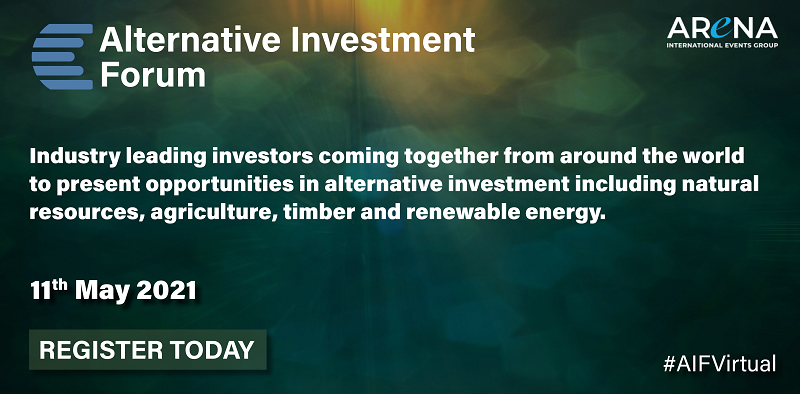

ESG was previously thought of as part moral sacrifice, part naivety. Prevailing opinion was that companies who were doing ‘good’ (socially responsible) weren’t going to do ‘well’ (achieve higher returns). This theory is simple to understand as it costs money to protect the environment, provide a fair wage and utilise transparent accountancy methods, to name a few examples of the environmental social and governance criteria that can define ESG investment.
But investors are finding that it can cost more for a company to neglect the environment, its employees or its leadership role. Investopedia cites the 2010 BP oil spill and Volkswagen’s emissions scandal as two examples of the financial risk investors face when a company fails to operate responsibly: in these instances, plummeting stock prices and billion dollar losses soon followed.
ESG is changing both in perception and performance as environmental, social and governance criteria are equated both by investors and financial institutions as smarter investments. ESG focused funds, in fact, have been shown recently to perform equal to or better than that of their non-ESG counterparts.

ESG: performance within private markets
In a recent interview with Martina Macpherson, an ESG expert who has worked in the market for 20 years and has recently been named a strategic influencer in ESG by Commetric ESG Influencer Index 2020, we discussed the movement towards ESG and some of the challenges. Macpherson states, “There’s a key trend amongst LPs (Limited Partnerships) and GPs (General Partners) for and towards ESG: according to Preqin study on ESG trends 89% of investors are seeing ESG focused funds perform the same way or better than non ESG funds in private markets.”
Macpherson’s personal experience within the field began with a Socially Responsible Investing (SRI) linked focus, which was predominantly for public markets, then later gravitated towards ESG mainstream in private markets. She’s currently Head of ESG Strategy and an ExCo Member for ODDO BHF Asset Management & Private Equity.
Macpherson states, “To manage ESG funds, you have to start by defining ESG, and what the needs are within different organisations, as they will vary from investor to investor. There are many shades of ESG and multiple layers of complexity in terms of research, ratings, data, and actually getting the ESG value chain right.”
For Macpherson, this means considering risk and performance objectives as one would for any other investment vehicle and developing fundamental thematic and factor related strategies in line with ESG.
“You have to consider investor use cases in terms of who asked you to deliver what on ESG; whether it’s financial first, philanthropy first, impact first- these approaches are very different and require years of relevant training and experience.”
Competency within the ESG sector
Dr. Kim Schumacher recently highlighted a skill gap in ESG investment in a Responsible Investor article last month. According to Dr. Schumacher, the trend within the private sector toward integrating ESG into core business strategies has created a demand for ESG experts that even recruiters who specialise in ESG are finding difficult to fill.
Dr. Schumacher states, “The financial sector is now tasked with integrating the highly complex realities of multiplying disasters, global warming, natural resource depletion, socio-economic inequalities and their interplays with geopolitical events into their portfolio strategies. With few scientifically trained experts at the managerial levels of large investors, how will these challenges be adequately managed?”
Such challenges are what Macpherson finds so interesting about her career. She states, “I look at the market and policy drivers and fundamentals and how they impact our investment decision making. In turn I’m helping to shape concepts and products that can help us to address the regulatory regime required for more transparency, while making sure we are meeting the varying market needs from these different types of investor groups.”
When asked what are important qualifications for someone managing ESG funds, she circles back to aptitude and experience. “I think it’s a prerequisite, something you could only learn by actually knowing the market, knowing the ESG themes, trends and approaches, and by being able, through skill to implement them”.
Macpherson will be speaking at the Alternative Investment Virtual Conference on 11th May 2021 on topics such as defining ESG, key regulatory developments that will affect the ESG industry, green washing vs. green labelling, and the need for more expertise amongst and across asset classes in ESG investing.
Interested in attending? You can register here to reserve a place.

Bio:
Martina Macpherson, FICRS, has a long-term track record in sustainable investing. She has been recognised as a strategic influencer (Commetric ESG Influencer Index, 2020; Modern Slavery Influencer Index, 2018) for her ESG strategy, product and research work in industry and academia.
She is currently the Head of ESG Strategy and an ExCo Member for ODDO BHF Asset Management & Private Equity.


